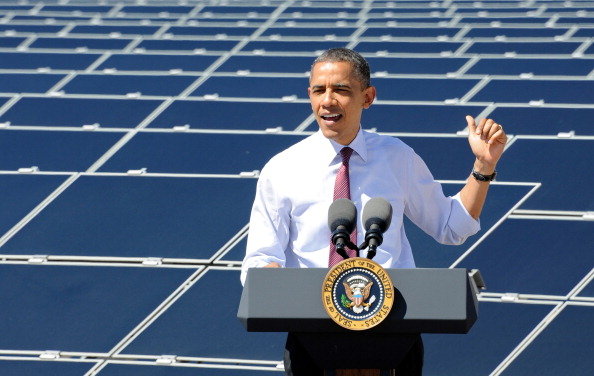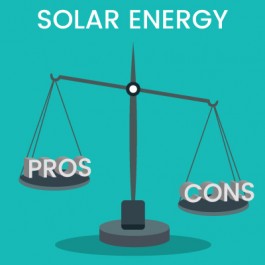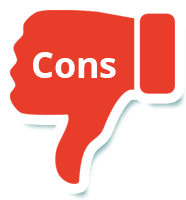Economics Eclipses Solar Energy
Economics do not support Solar Energy #
There are a multuidous number of economical factors that prevent Solar Energy from becoming a viable option for the utilities market. An entire book could be written on the subject and perhaps more. Solar energy in all of it’s convolutedness economically only can be rationalized by former preppers who now after emerging from their nuclear bunker realized the end never came, and have missed playstation. Regardless, many of these issues have already been discussed in another plea directed toward libertarians, but we will have a quick summary of the discourse.
Solar prohibits competitive markets #
Numerous times the fact that solar energy prohibits competitive utilities markets has been mentioned. Why this is something that is not common knowledge is beyond the scope of this discussion, but suffice to say that in free market capitalist systems like ours government regulation is frownd upon because it results in weak markets and larger governments, etc, etc… Just as damaging to fiancnial markets as regulation are government exceptions. Government exceptions come in the form of tax breaks, grants, and regulatory exceptions that would normally be imposed.

During the reign of President Barack Obama the largest government exception for alternative energy was signed into law. These sets of exceptions gave a competitive advantage to Solar energy over all other forms of energy production. So great were these benefits that economists have predicted that without them, the entire solar energy market would have collapsed years ago. The federal government invested grossly into solar energy, when it had no place doing so. So great was this financial contribution that the united states government quickly became the largest stake holder in a spainish solar energy company that by now has declared bankruptcy after consuming it’s government funding. This is mentioned to provide an example showing the high level of government investment in the industry, and how government investment has created a situation that gives special preference to the Solar Industry and weakens the utilities market, because it prohibits market competition from occuring and dismisses barriers to market entry for solar energy that other energy industries have to tackle and expend resources to over come.
Zero product differentiation #
The end product of these industries is electricity. Electricity has different characteristics that distinguish it from other goods and service that are available on the market. Primarily what we are discussing here is that regardless of how the electricity is produced or where it is produced, it all is the same, and that is electricity. In other words there is nothing to differentiate the product of one facility from that of another, to the consumer the end product is all the same. It is this lack of product differentiation that is so dangerous in the utilities market. What it means is that price of the utility is the number one driving factor that drives consumption. In the utilities game this means that innovation in new technology can be very dangerous. Because if plant A is an older facility and is selling electricity at $2.50, and new technology has allowed a newer plant B to sell it’s power at $2.15. There is little plant A can do to make up the difference in prices, so consumers will choose to purchase power from plant B rather that A, which will more than likely result in plant A having to raise prices in order to remain financially solvent, which will continue to reduce plant A’s share of the local market, and in the long run lead to it’s shutdown.

Tug o War #
The invention of the current solar market is the result of new technology. This technology allows solar plants to turn a profit over time compared to the cost. Which is a luxury solar panels only recently can afford to buy.
But as this new technology allows the existence of private solar contracting, it also will be it’s end. As technology improves, the profitability will also improve. Meaning, larger companies will face no other option but to into the market themselves. Once these larger entities join the market, competition will prove impossible. Because there is no means to differentiate the product of one solar plant from another. Both, provide the exact same product, without distinction, electrical power.
The largest provider of electrical power in the state is Georgia Power. Georgia Power contracts with solar plants to buy electricity. In 2016, Georgia Power only purchased solar energy for the tax benefits that it provided. They were not using it as a primary means to generate power. They also, did not buy much of it. So small was the amount bought in 2016, that it would only take a few handful of solar plants to generate.
As more and more companies enter the solar market the quicker inflation will begin to rise. Meaning, the commodity made (power), will begin to drop in value in comparison to other goods. A point of diminishing returns will arrive, and there will be a market surplus. When this occurs, the big utility companies will no longer be able to continue like they do. They will have to enter the market themselves. Or, there will be a recession, where it will cost more to produce the electricity than to buy it. When this happens, there will be people losing their shirts.

Links #
Georgia Power 2016 Annual Report
There are no articles to list here yet.
